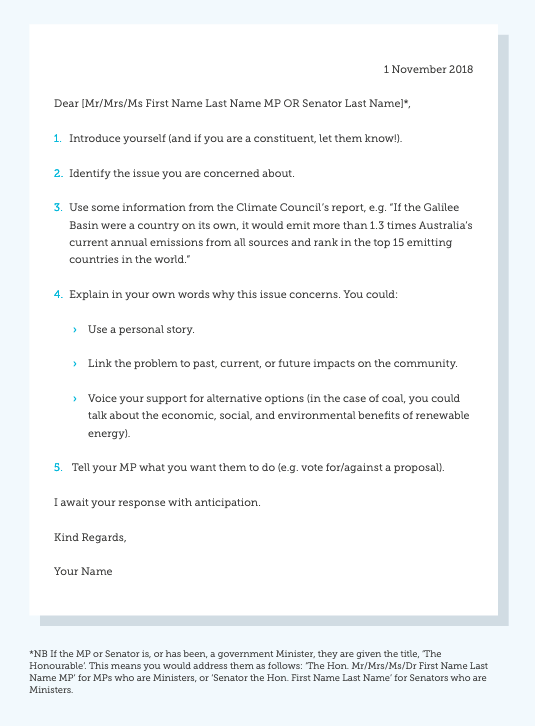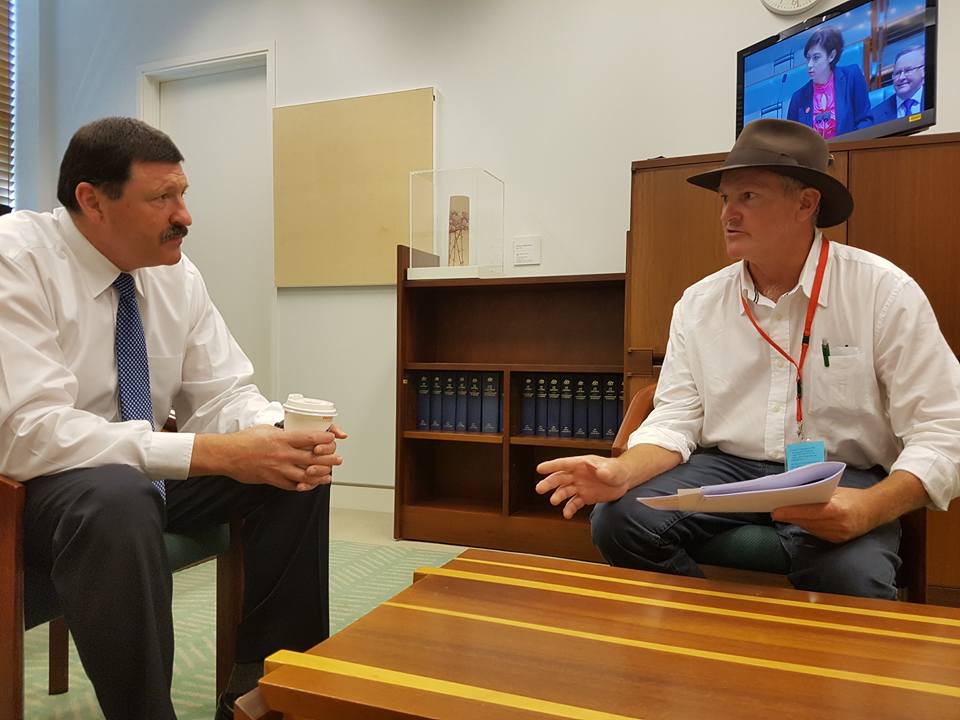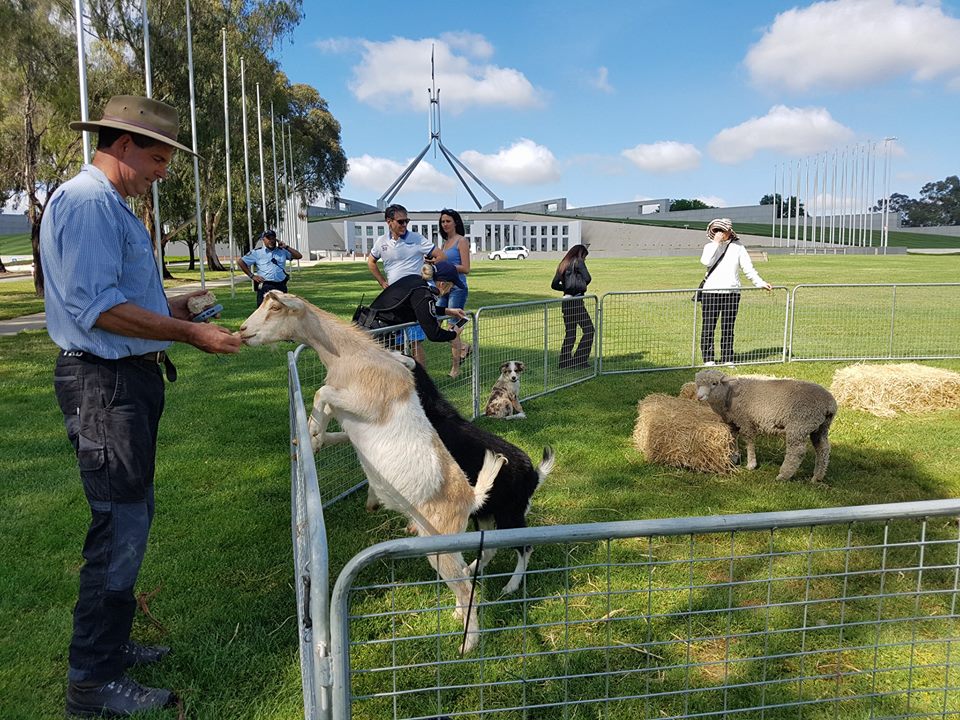First step: Get in touch!
We’d love to help and possibly come along. Email Cam at [email protected] with details of what you’re thinking.
Second step: Draft a letter
If you’ve not met with the MP before, make sure to include a few pertinent details about yourself, your electorate and your personal reason for being concerned about climate change (i.e. I’m a farmer from Maranoa and I’m concerned about the way climate change is making it difficult for me to farm). Also make a note of your role within your community and your community’s concerns
State your request for a meeting and the date range you’re available.
Explain why you want to meet with them
Ask their office to contact you arrange a suitable time
Note anyone else you would like to bring along (this can be vague, i.e. other constituents who are volunteering with you)
Sign off with your name and contact details
Third step: Make a phone call
MPs receive a lot of emails. Once you’ve sent the email, follow up with a phone call to make sure it doesn’t slip through the cracks







